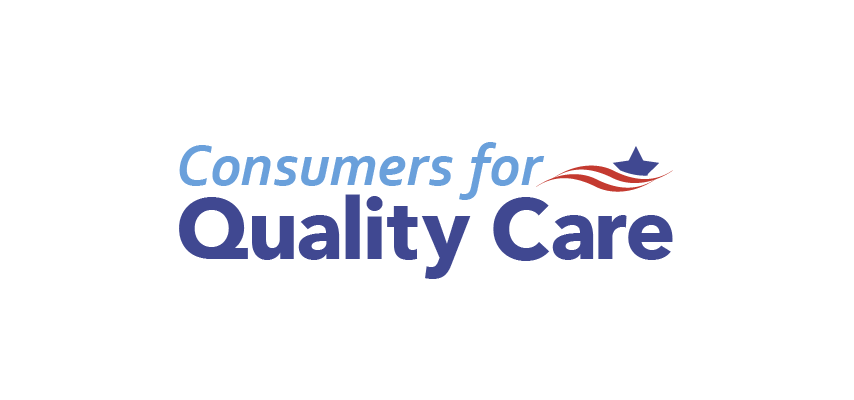Survey Confirms Frustration with Healthcare Costs
By Public News Service, on March 1, 2020

A new survey shows most Americans are worried about out-of-pocket healthcare costs – deductibles, premiums and co-pays, and Nevadans are no exception.
Stephanie Hrisca-Kennedy of Las Vegas has a four-year-old with severe hemophilia, who needs expensive medication with no generic substitute.
She said her insurance provider offers a policy that would have left her family with $7,000 a year in co-pays. Her son has qualified for a program that allows them to navigate around the policy, but she pointed out many other folks don’t have that option.
“It puts a lot of stress on the families and it makes them start to rethink, okay, should we be finding somewhere to live that’s cheaper, so we can save the money?” Hrisca-Kennedy explained. “Should we get another part-time job to come up with the cost, so that we can continue these medications?”
In the survey, from the group Consumers for Quality Care, 72% of respondents said they struggle to budget because of the unpredictability of out-of-pocket medical costs. And nearly 15% of Nevadans pay more than 10% of their annual household income for insurance premiums, which is higher than the national average.
Kelly Gonzalez, a chronic disease educator in Las Vegas, has also had to jump through hoops to get medications for her family because of policies aimed at reducing costs for the insurance companies.
She said in order to implement cost-cutting policies, more flexibility is needed.
“Those 30% of the population that do have to have a name-brand, or do have to have co-pay assistance, or that can’t go in and out of the hospital; those people are the people that I worry about,” Gonzalez stated. “I’m one of those people; my husband’s one of those people; our children are those people.”
Jason Resendez, a board member of Consumers for Quality Care, noted for those who are most susceptible to COVID-19, such as people with underlying health conditions like diabetes or hypertension, preventive care is critical.
…
